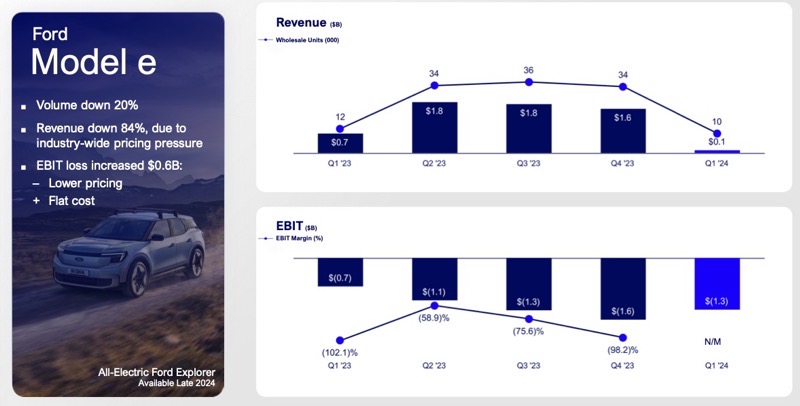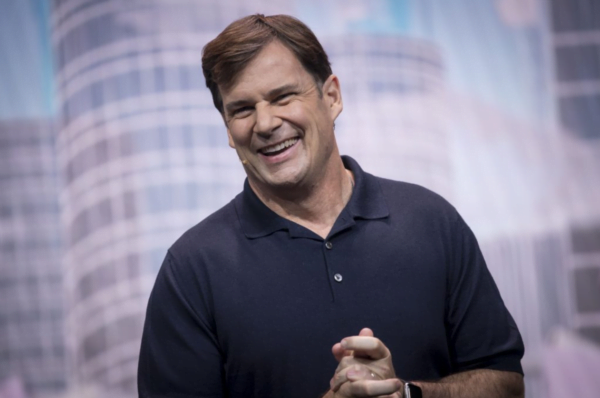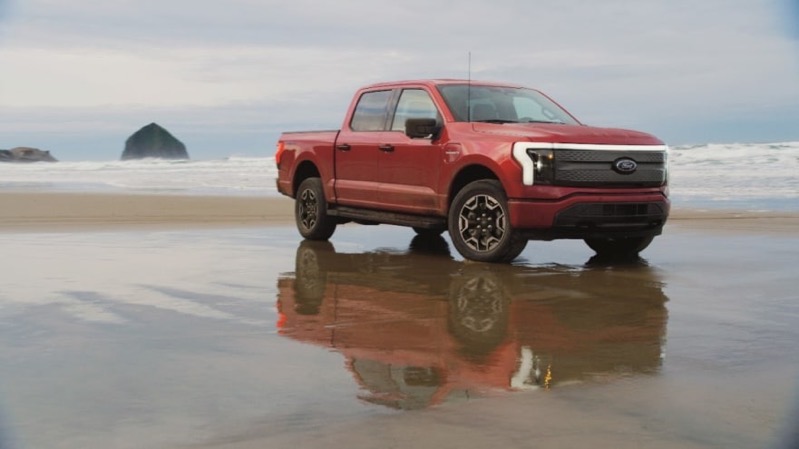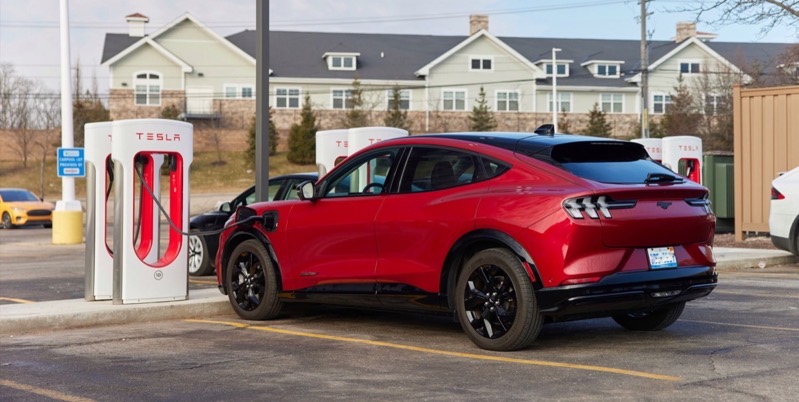
Ford CEO Pushes for U.S. Battery Production to Avoid Shortages

The future is electric, and it’s becoming more clear with new electric vehicle (EV) advancements each year – with 2021 shaping up to be the technology’s biggest year yet.
Wednesday at the Wolfe Research Auto Conference, Ford CEO Jim Farley emphasized the US’ need to bolster EV battery manufacturing to keep up with demand in the years to come, as reported by Bloomberg. The comment was made against a backdrop of a current semiconductor shortage which has grips on companies like Ford and General Motors (GM).
Farley said, “We need to bring large-scale battery production to the U.S., and we’ll be talking to the government about that.” He continued, “We can’t go through what we’re doing with chips right now with Taiwan. It’s just too important.”
The current semiconductor chip shortage has caused a number of major automakers to cease operations, with profit losses of up to one-third expected for companies like Ford and GM.
Most of the world’s chips are built at Taiwan Semiconductor Manufacturing Company, which has had trouble keeping up with demand from the EV boom. Even Tesla, who has a full lineup of EVs, has said that low battery cell production volume is what’s delaying the production of the Tesla Semi.
In any case, a US battery supplier would be a welcome newcomer to the North American EV market. While Tesla has plans to build its own EV batteries, their ability to do so likely won’t come along until at least 2024, giving other companies ample time to search for their own solutions to the EV battery demand issue.
Earlier today, Bloomberg reported Tesla had shut down a Model 3 production line for two weeks, which many suspect may be due to chip component shortages.

